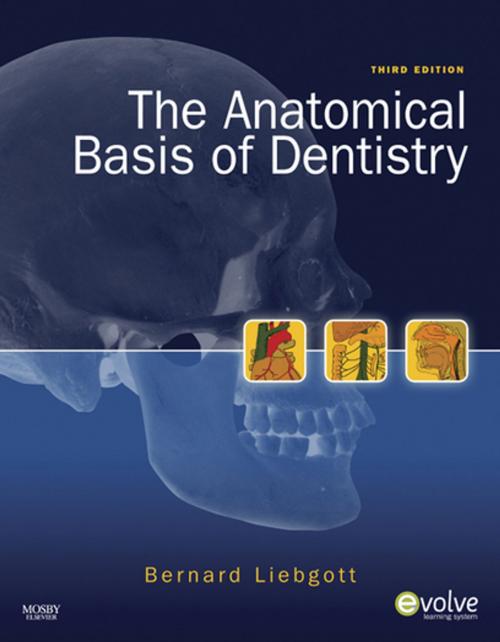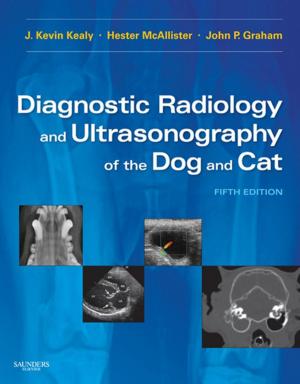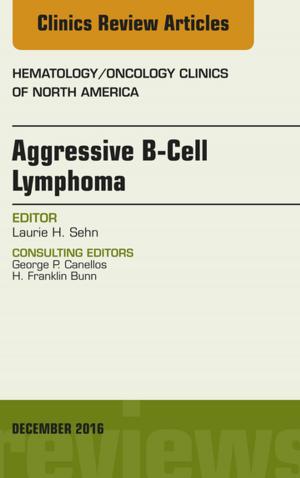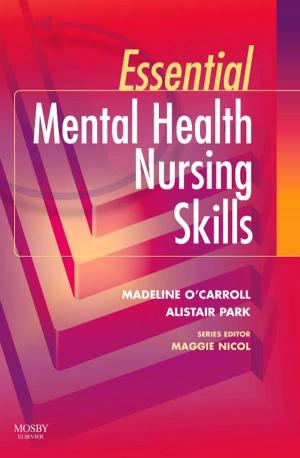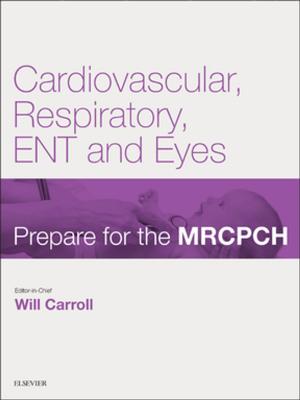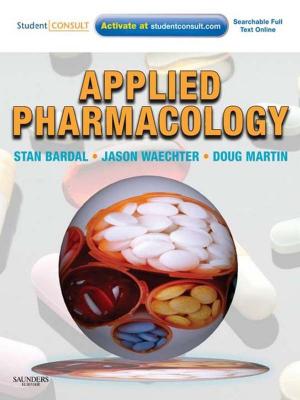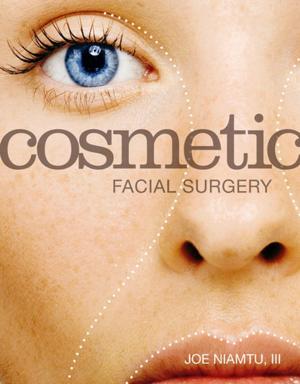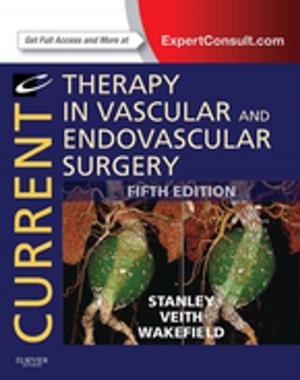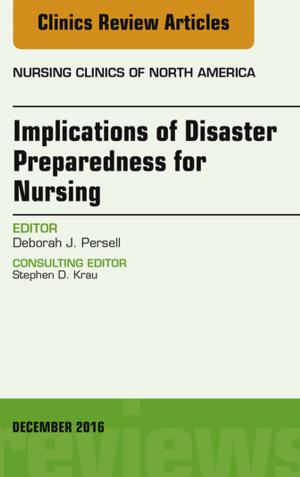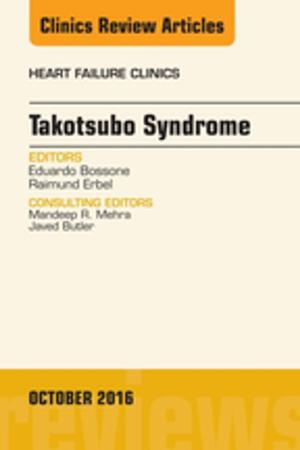| Author: | Bernard Liebgott, DDS, MScD, PhD | ISBN: | 9780323075930 |
| Publisher: | Elsevier Health Sciences | Publication: | November 10, 2009 |
| Imprint: | Mosby | Language: | English |
| Author: | Bernard Liebgott, DDS, MScD, PhD |
| ISBN: | 9780323075930 |
| Publisher: | Elsevier Health Sciences |
| Publication: | November 10, 2009 |
| Imprint: | Mosby |
| Language: | English |
Now in full color, The Anatomical Basis of Dentistry helps you master the essentials of gross anatomy! Complete, accurate coverage highlights the regions of the head and neck that are of clinical relevance. Core information provides a foundation of knowledge essential to providing a successful chairside experience for both you and the patient. Using a clear, accessible style, with practical Clinical Notes boxes, this book closely relates the basic science of applied anatomy to the clinical practice of dentistry.
-
A focus on core information specifically highlights the regions of the head and neck along with the abdomen and thorax, serving as a foundation for the other basic sciences and for subsequent clinical courses.
-
Coverage of applied anatomy draws correlations between the basic science of anatomy and clinical practice of dentistry.
-
General Concepts chapter includes anatomical terminology and provides a general description of each body system in preparation for the regional anatomy topics that follow.
-
A regional approach reflects the order in which the regions are commonly taught, by showing structures representing several systems -- which parallels the manner in which structures are encountered in patients.
-
Full-color cadaver dissection photos clearly depict the location of anatomic structures, showing anatomical details impossible to view in clinical examination.
-
Chapters on limbs provide a more complete picture of the body, covering areas that may be possible sites for intravenous and intramuscular injections.
-
Applied Anatomy chapter relates anatomy to the clinical practice of dentistry, covering topics such as the anatomy of local anesthesia, imaging (including intraoral, extraoral, and MRI), fractures of the face, and the spread of dental infection.
-
Clinical Notes boxes relate basic science concepts to actual scenarios that may be encountered in clinical practice.
-
Review questions in multiple-choice format help you assess your understanding and provide good preparation for the NBDE.
-
Full-color photos and drawings clearly demonstrate core concepts and reinforce important principles.
-
New information on the back enhances your understanding of body systems with coverage of the surface features of the back, movements of the spine, and a new Clinical Notes box on back strain.
-
New information on the neck includes the movements of the head and neck, and a new table detailing the muscles responsible for those movements.
-
Added coverage of applied anatomy includes a new section with illustrations of Cone Beam Computed Tomography (CBCT), a new section on Alveolar Ridge Tomography, and more images of the TMJ.
-
An Evolve website includes a 300-question test bank and image collection for instructors and a self-assessment exam for students.
Now in full color, The Anatomical Basis of Dentistry helps you master the essentials of gross anatomy! Complete, accurate coverage highlights the regions of the head and neck that are of clinical relevance. Core information provides a foundation of knowledge essential to providing a successful chairside experience for both you and the patient. Using a clear, accessible style, with practical Clinical Notes boxes, this book closely relates the basic science of applied anatomy to the clinical practice of dentistry.
-
A focus on core information specifically highlights the regions of the head and neck along with the abdomen and thorax, serving as a foundation for the other basic sciences and for subsequent clinical courses.
-
Coverage of applied anatomy draws correlations between the basic science of anatomy and clinical practice of dentistry.
-
General Concepts chapter includes anatomical terminology and provides a general description of each body system in preparation for the regional anatomy topics that follow.
-
A regional approach reflects the order in which the regions are commonly taught, by showing structures representing several systems -- which parallels the manner in which structures are encountered in patients.
-
Full-color cadaver dissection photos clearly depict the location of anatomic structures, showing anatomical details impossible to view in clinical examination.
-
Chapters on limbs provide a more complete picture of the body, covering areas that may be possible sites for intravenous and intramuscular injections.
-
Applied Anatomy chapter relates anatomy to the clinical practice of dentistry, covering topics such as the anatomy of local anesthesia, imaging (including intraoral, extraoral, and MRI), fractures of the face, and the spread of dental infection.
-
Clinical Notes boxes relate basic science concepts to actual scenarios that may be encountered in clinical practice.
-
Review questions in multiple-choice format help you assess your understanding and provide good preparation for the NBDE.
-
Full-color photos and drawings clearly demonstrate core concepts and reinforce important principles.
-
New information on the back enhances your understanding of body systems with coverage of the surface features of the back, movements of the spine, and a new Clinical Notes box on back strain.
-
New information on the neck includes the movements of the head and neck, and a new table detailing the muscles responsible for those movements.
-
Added coverage of applied anatomy includes a new section with illustrations of Cone Beam Computed Tomography (CBCT), a new section on Alveolar Ridge Tomography, and more images of the TMJ.
-
An Evolve website includes a 300-question test bank and image collection for instructors and a self-assessment exam for students.
